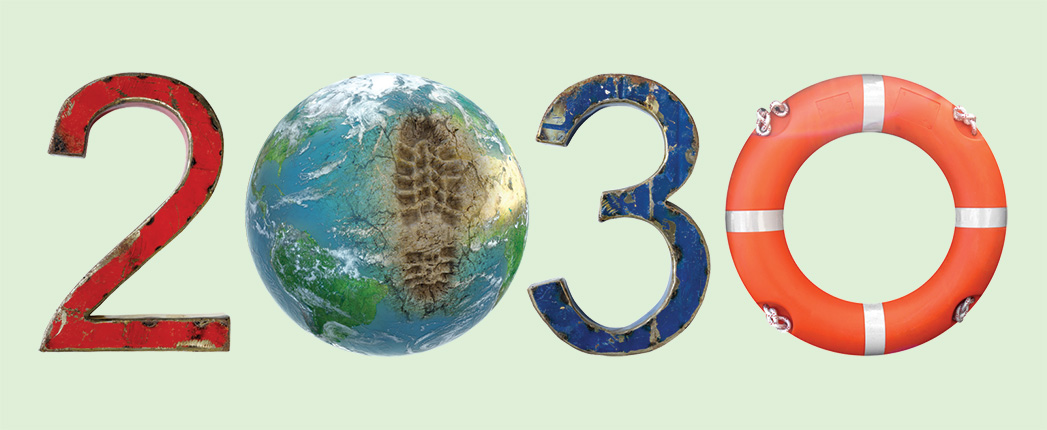
Sustainability
In the not-too-distant future, people may look back to Dec. 19, 2022, as the day on which humanity decided to save itself. On that day, a global agreement was signed in Montreal to preserve the Earth’s natural diversity for the first time. The agreement isn’t perfect, but it’s a chance to avert the planet’s collapse. That it came about at all seems like a miracle.
For two weeks in December 2022, the 196 nation signatories to the UN Convention on Biodiversity wrangled over the future of the planet at the COP15 conference in Montreal, Canada. Due to the COVID-19 pandemic, the conference was postponed and moved from its original location in Kunming, China, in 2020, but China retained presidency of the event.
30 by 30. This new Kunming-Montreal Global Biodiversity Framework has six main commitments. The first is called “30 by 30” and requires signatories to pledge to ensure 30% of the world’s land, water, coastal and marine areas are brought under some kind of conservation measure by 2030. Another target in the agreement stipulates that restoration efforts are underway for at least 30% of degraded ecosystems by the end of the decade.
Financing. The next commitment calls upon countries to spend significant resources on funding nature promises. That includes a commitment to raise U.S. $200 billion per year from all public, private and philanthropic sources, as well as cash flow of $30 billion a year from richer countries to developing ones by 2030.
Business accountability. Governments are expected to take measures to ensure large businesses and financial institutions monitor and disclose the impact of their activities on nature. Businesses are also expected to provide information to consumers to promote sustainable consumption choices and comply with regulations in place to reduce negative impacts on biodiversity.
Equity. Countries are expected to ensure indigenous people and local communities are represented and included in decision making, and given access to justice and information, while respecting their cultures, land rights and traditional knowledge. Women, youths and people with disabilities are included. A separate target calls on countries to ensure gender equality in the implementation of the framework.
Pollution and pesticides. Signatories are asked to reduce the negative impact of pollution from all sources to levels that aren’t harmful to nature by 2030. That includes halving the “overall risk” from pesticides and hazardous chemicals by the end of the decade and working to eliminate plastic pollution.
Consumption. Governments are expected to help people make sustainable consumption choices through policy, regulation and education. By 2030, they’re asked to reduce the global footprint of consumption in an equitable manner and cut global food waste in half.
The Kunming-Montreal Global Biodiversity Framework is probably the best nature conservation agreement the UN has ever produced. From Montreal, the departure must begin. However, a document alone cannot change the world. It will take millions of people who understand that conserving nature ensures our survival and make a difference. The agreement is the lowest common denominator, but it doesn’t prevent any nation from exceeding the conservation targets it sets. Perhaps what nations have now envisioned will come true: a human race that exists in harmony with nature.
STAY SuSTAYnable!
Apu Gosalia is a sustainability expert. He can be reached at apurva.gosalia@web.de.